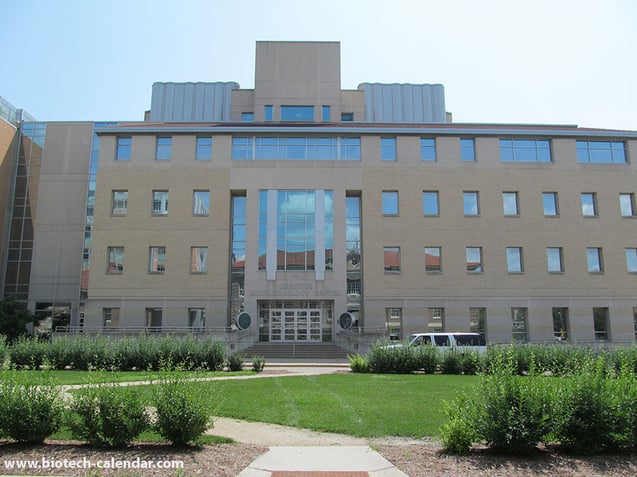Researchers at University of California San Diego School of Medicine were recently awarded two Type 1 Diabetes Special Statutory Funding Program grants from the NIH, totaling more than $5 million in research funding.
Read MoreTags: CA, University of California San Diego, Diabetes, California, University of California, UCSD, Research Funding, UC San Diego, new research grants, NIH award, Southwest Region, research grants, Type 1 Diabetes, Diabetes research

Two University of Wisconsin-Madison researchers won 2016 Shaw Scientist Awards. This program has supported early research efforts pursuing promising ideas in biochemistry, biological sciences and cancer research for over thirty years. The award given by the Greater Milwaukee foundation includes a $200,000 grant for each recipient to be used as seed money for his or her respective projects. Feyza Engin, Ph.D., Assistant Professor of Biomolecular Chemistry, is researching type 1 diabetes. Srivatsan Raman, Ph.D., Assistant Professor of Biochemistry, is conducting research into the properties that allow proteins to change shape.
Read MoreTags: Bioresearch funding, Diabetes, University of Wisconsin Madison, Protein Research, Type 1 Diabetes, University of Wisconsin School of Medicine, Dr. Srivatsan Raman, Dr. Feyza Engin
Diabetes encompasses a group of metabolic disorders that result in chronically elevated blood sugar levels. If untreated, these diseases can result in serious complications such as ketoacidosis, heart disease, kidney failure, and stroke. The most common type of diabetes is type II diabetes, which accounts for 90-95% of cases (a recent Philadelphia study helped us gain further insight into why type II diabetes occurs). The incidence of type I diabetes is much lower, accounting for just 5-10% of cases. However, while type II diabetes can resolve on its own with changes in diet and exercise habits, type I is considered incurable. Now, a new study from the University of Colorado, Anschutz Medical Campus has identified a new class of antigens that may be a factor in the development of the disease.
Read MoreTags: Diabetes, University of Colorado Anschutz Medical Campus, autoimmune disease, insulin resistance, lab supplies, Research, Type 1 Diabetes, life science tradeshows, T Cells

